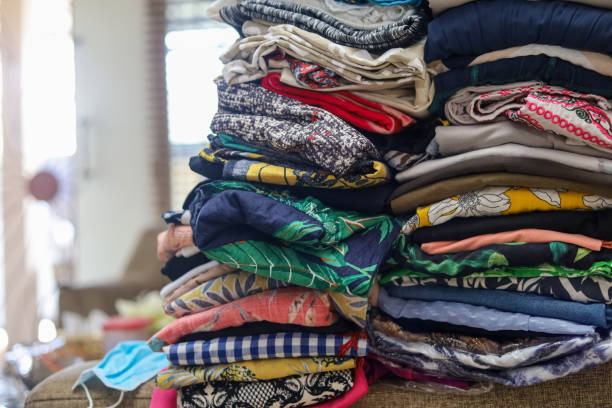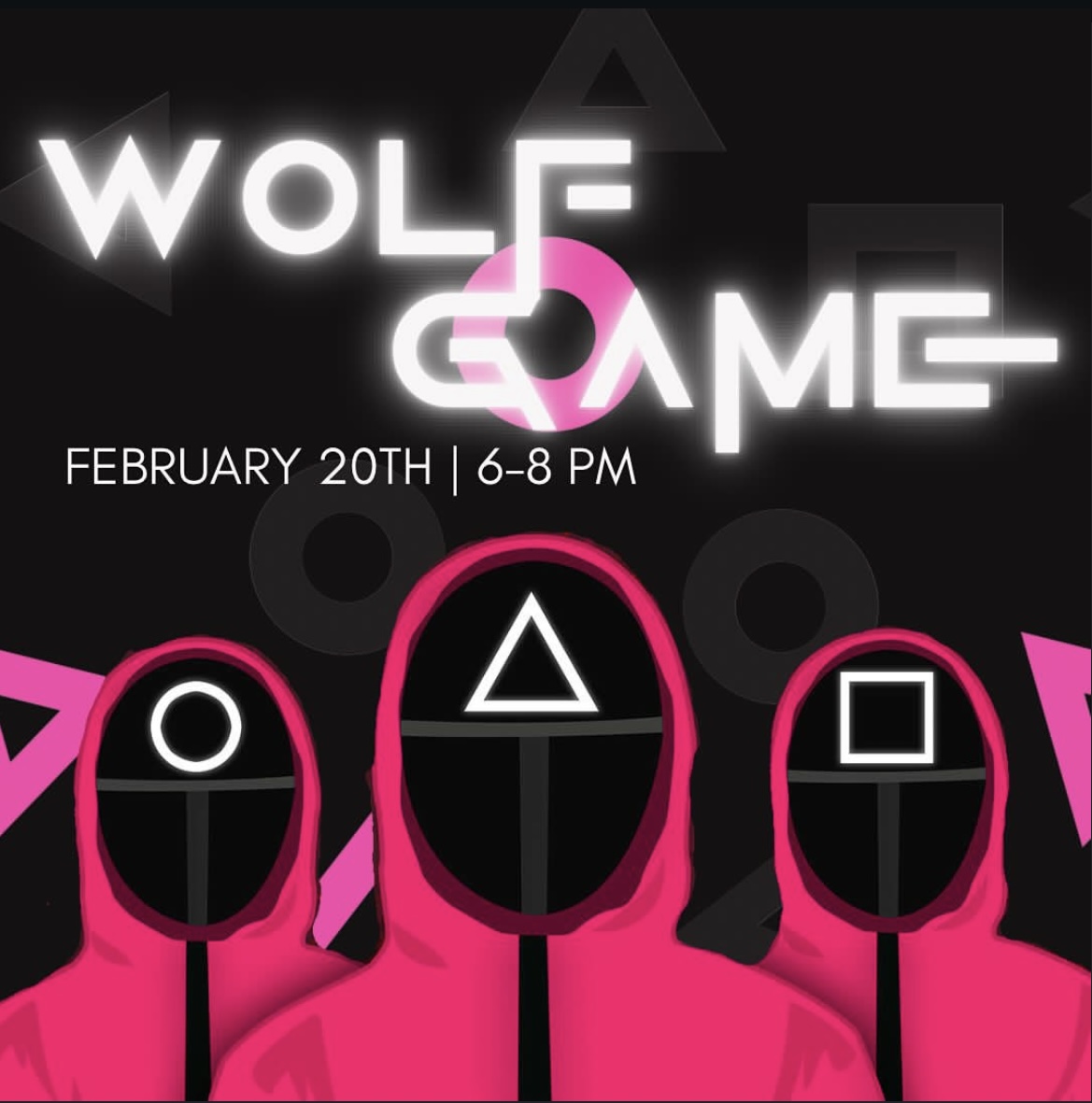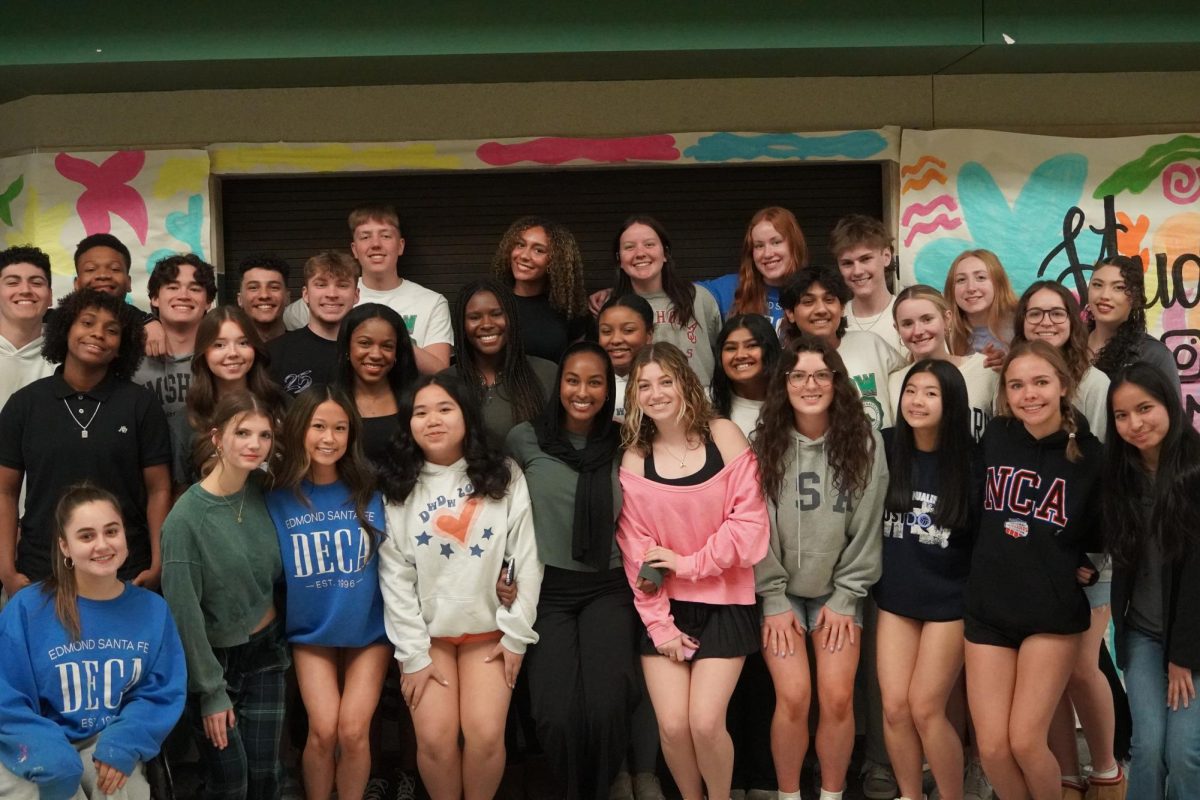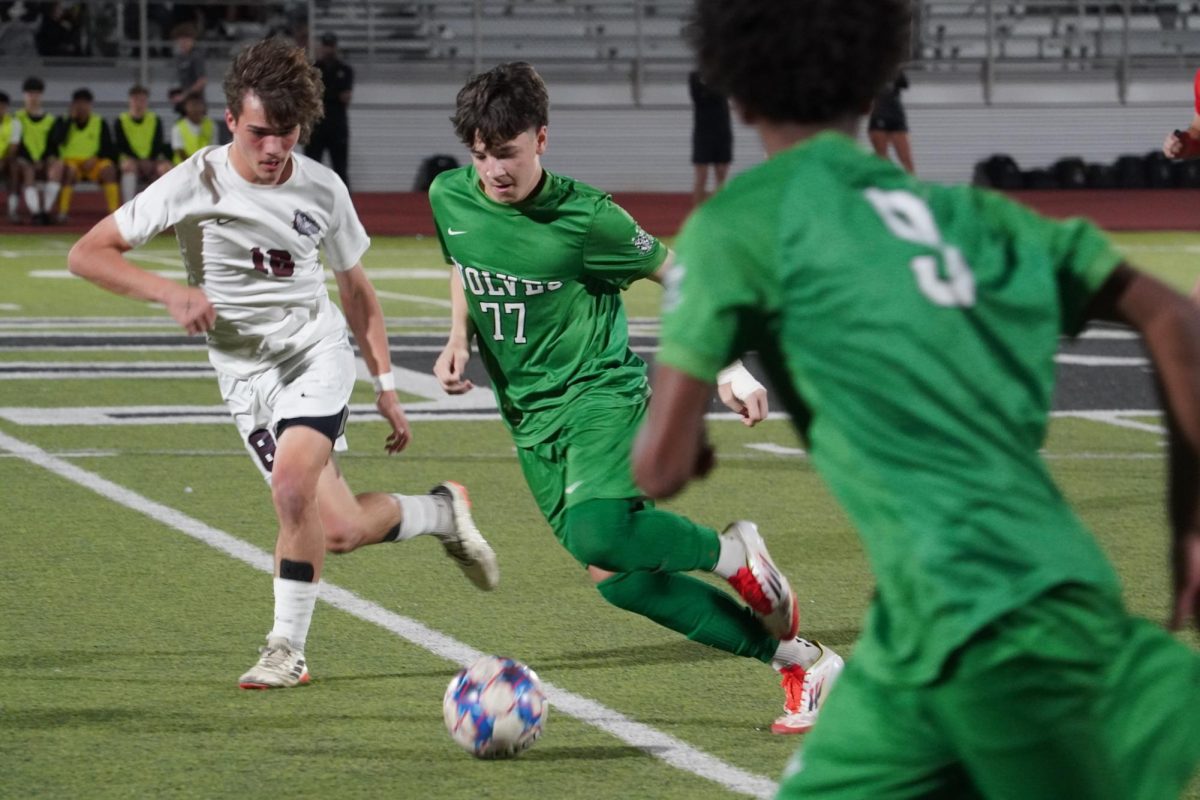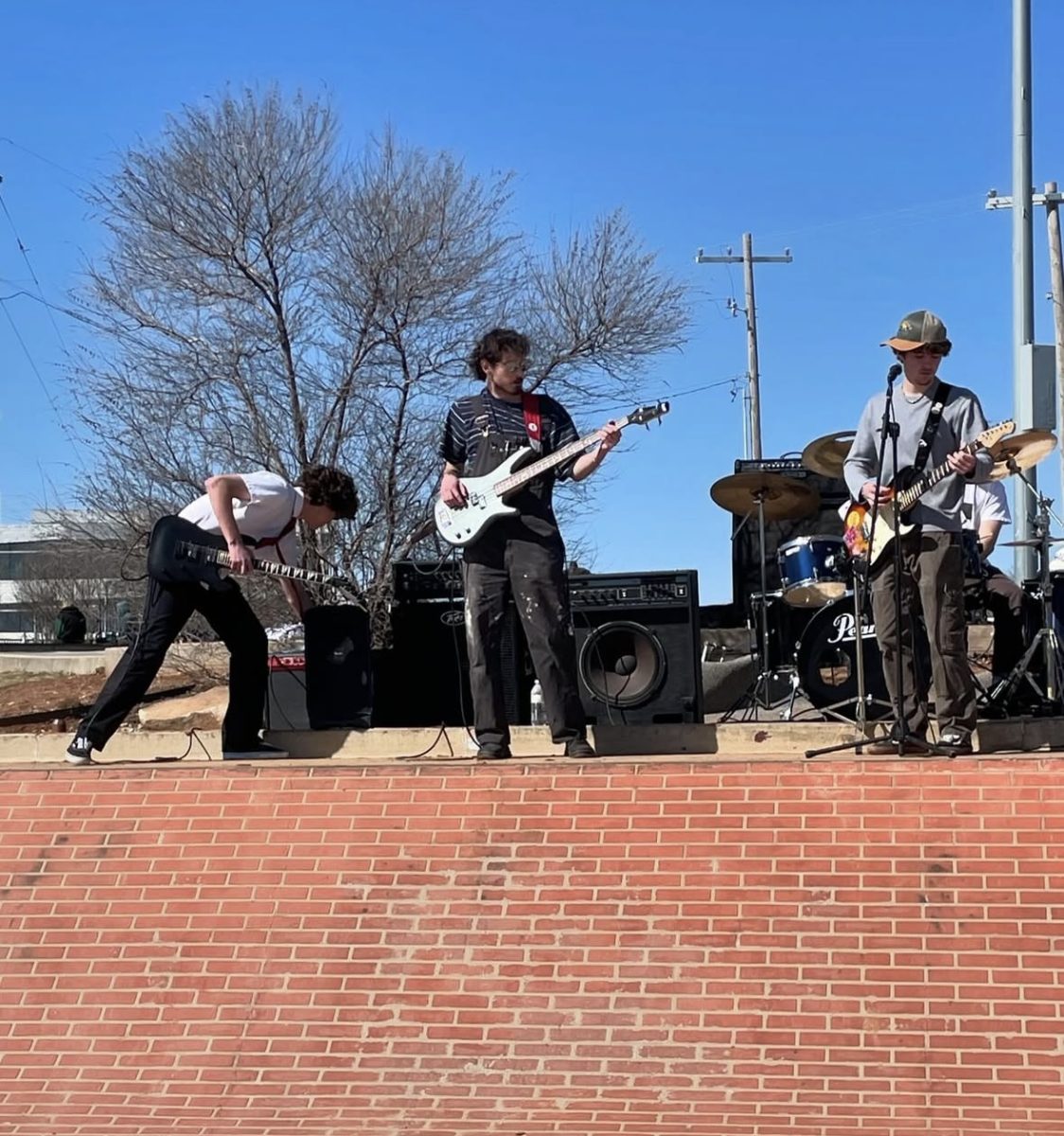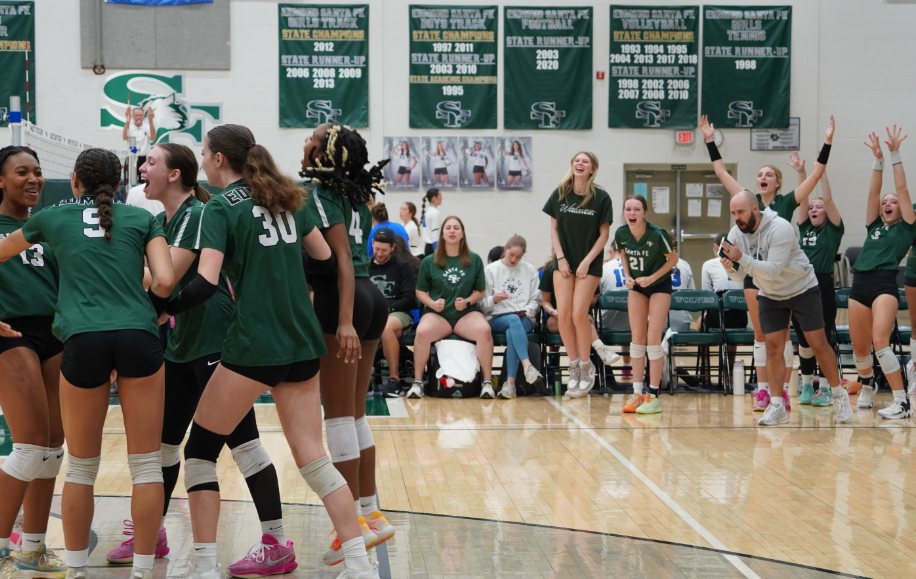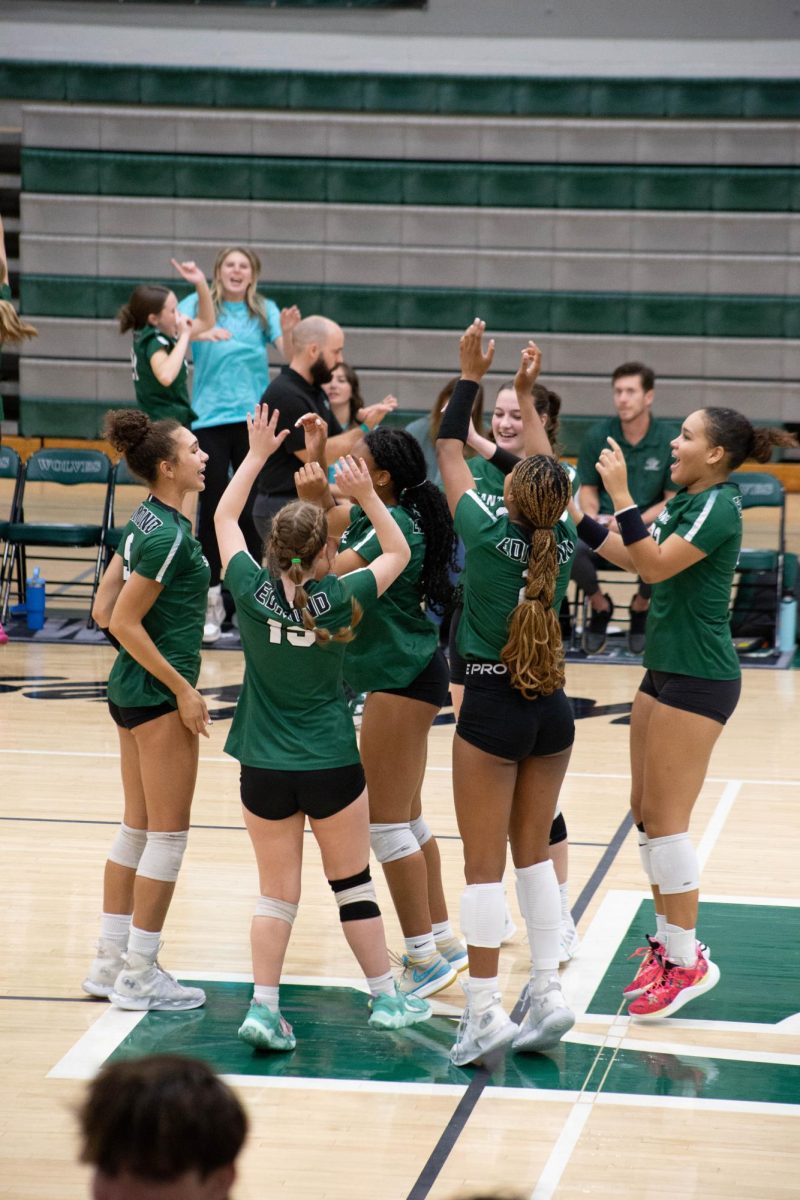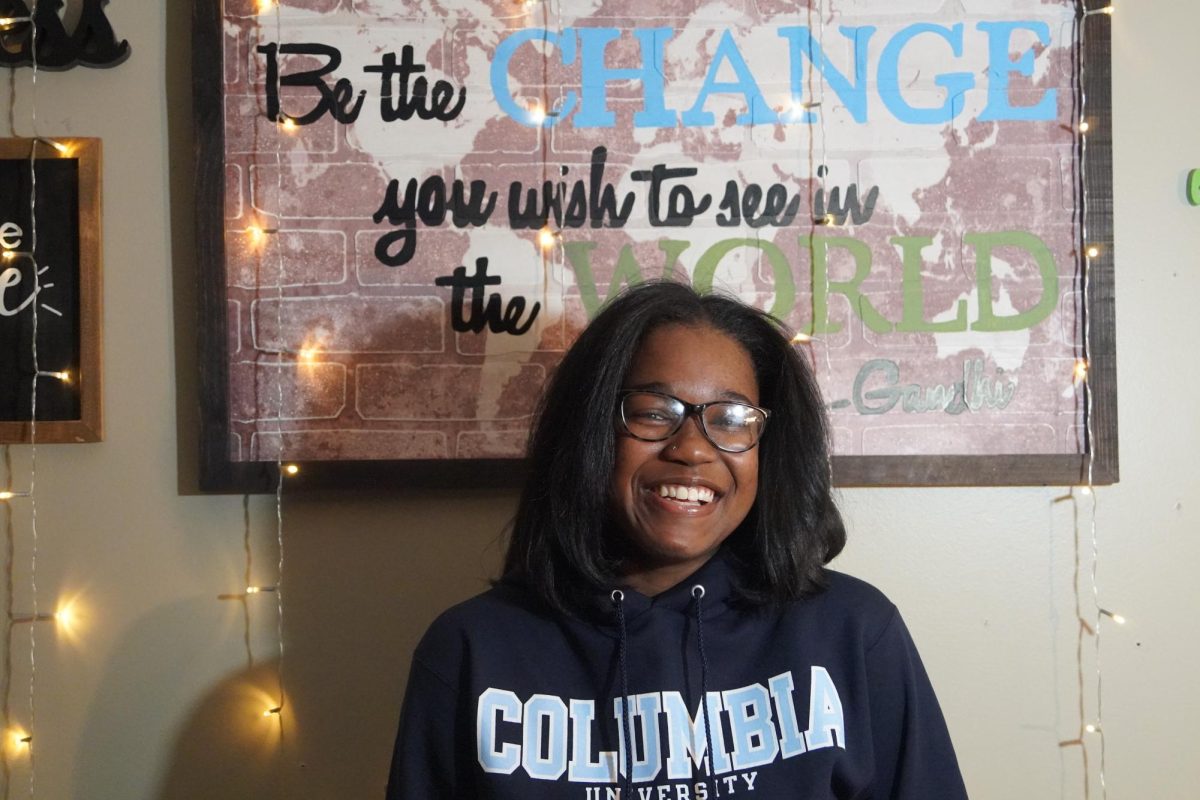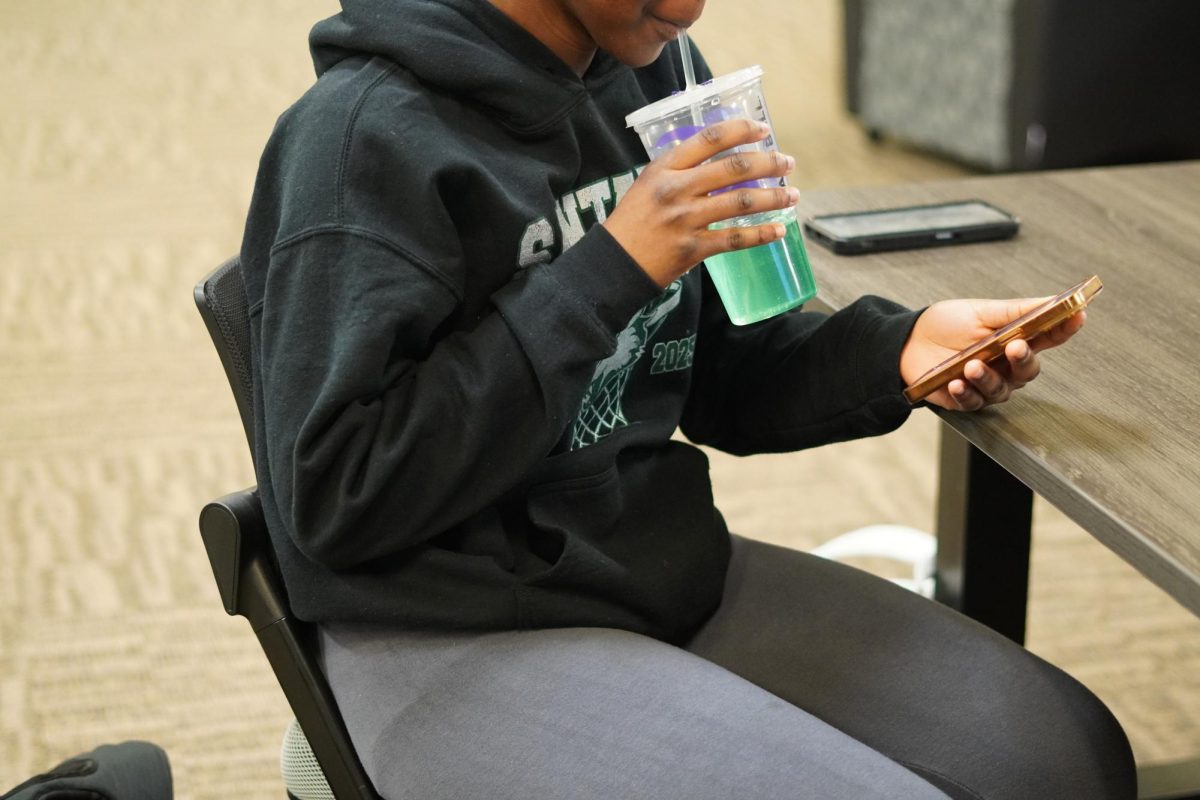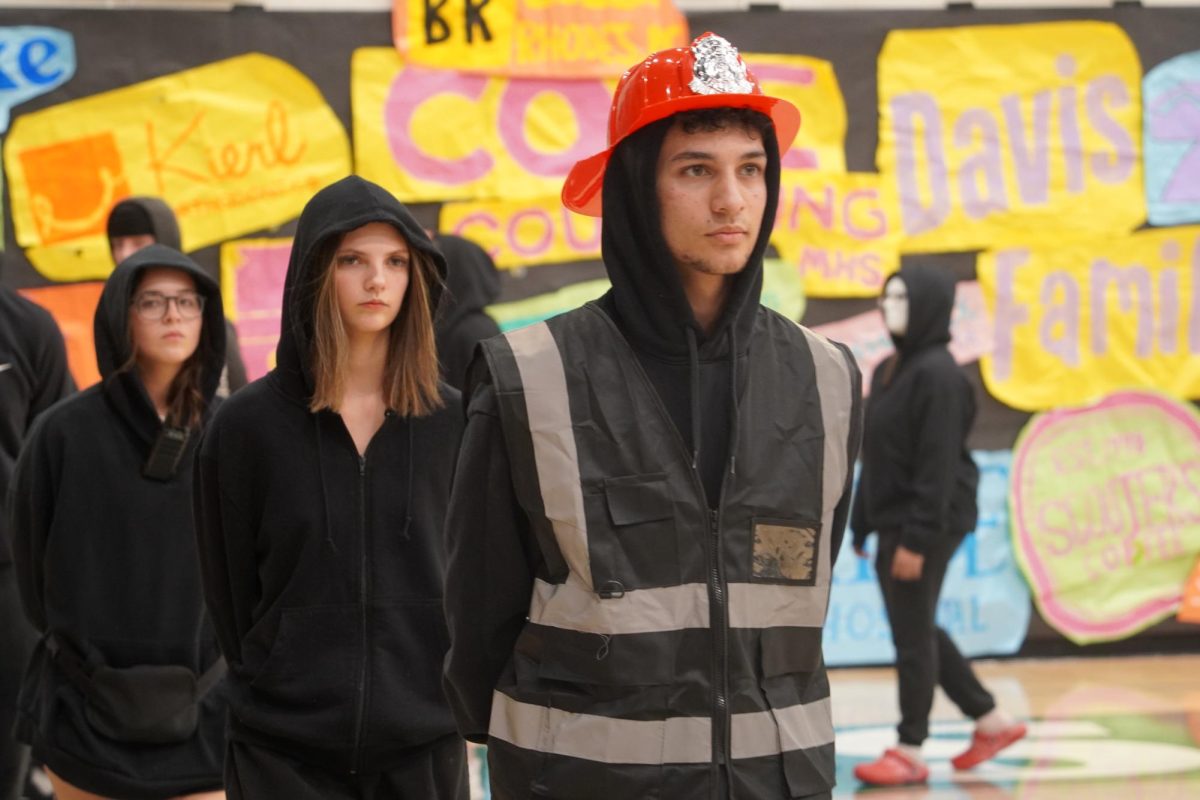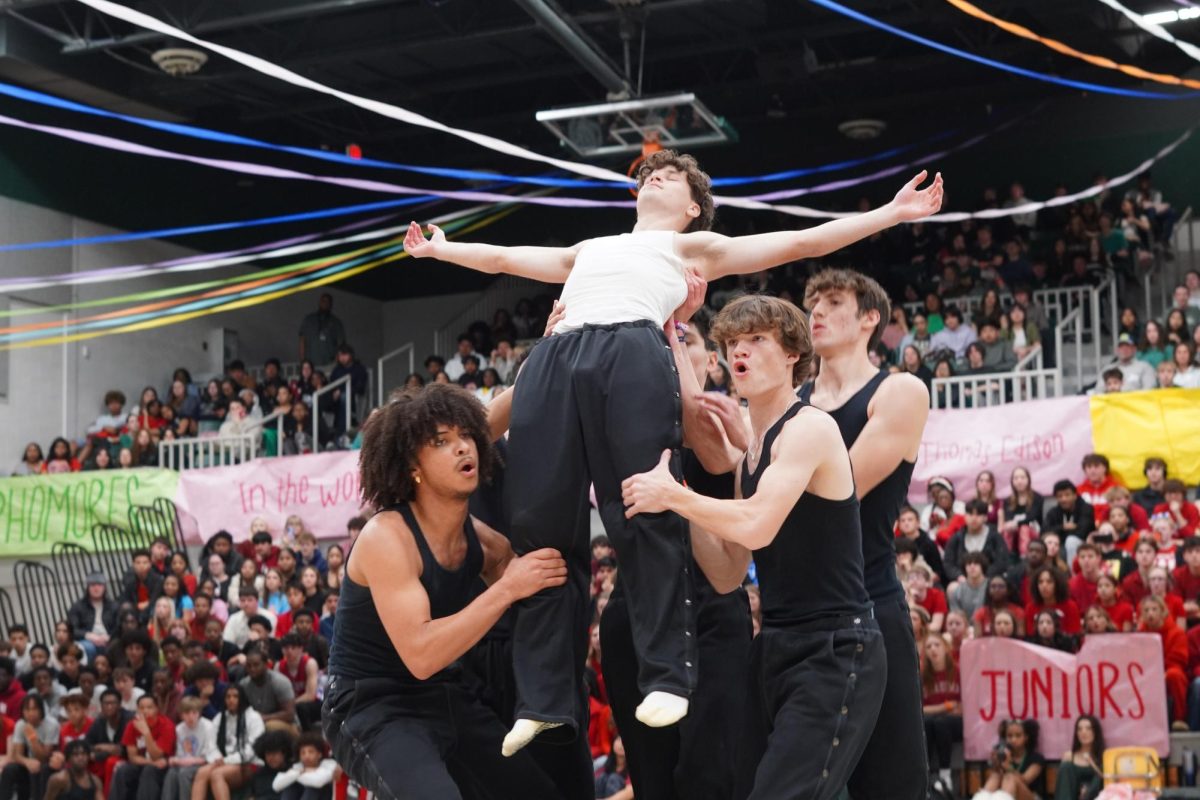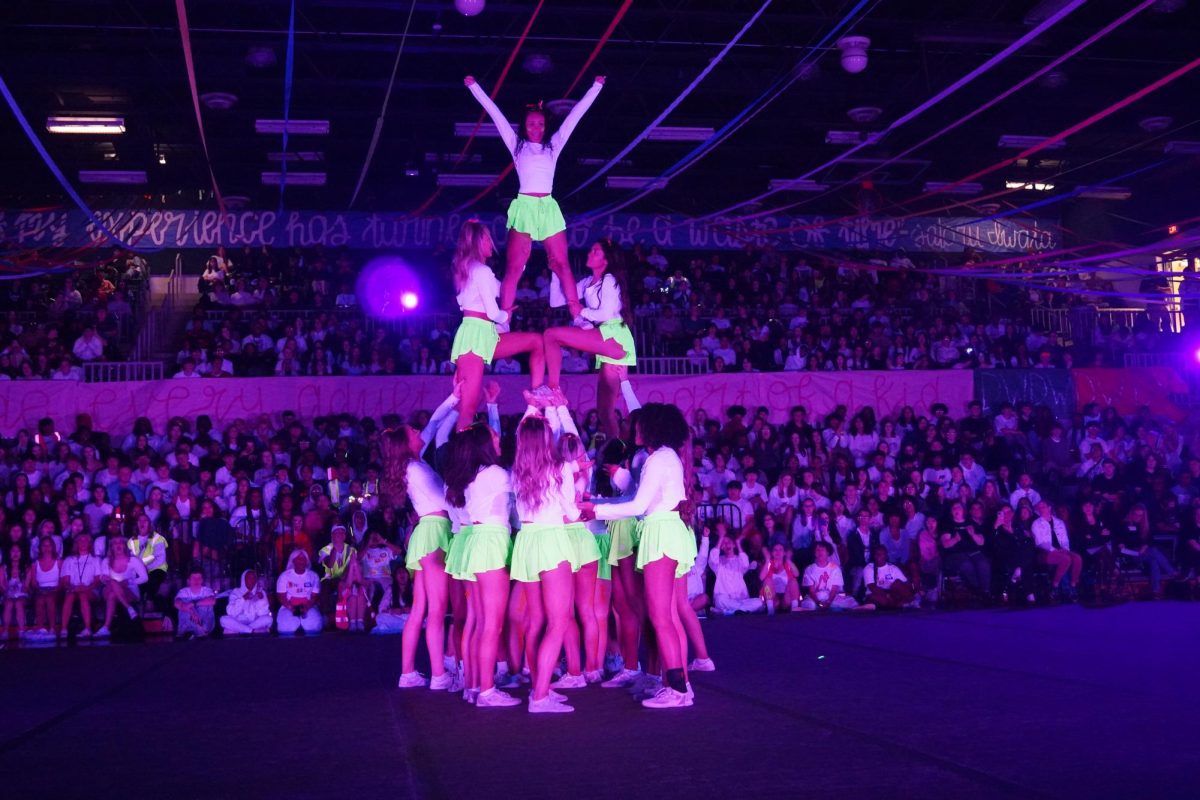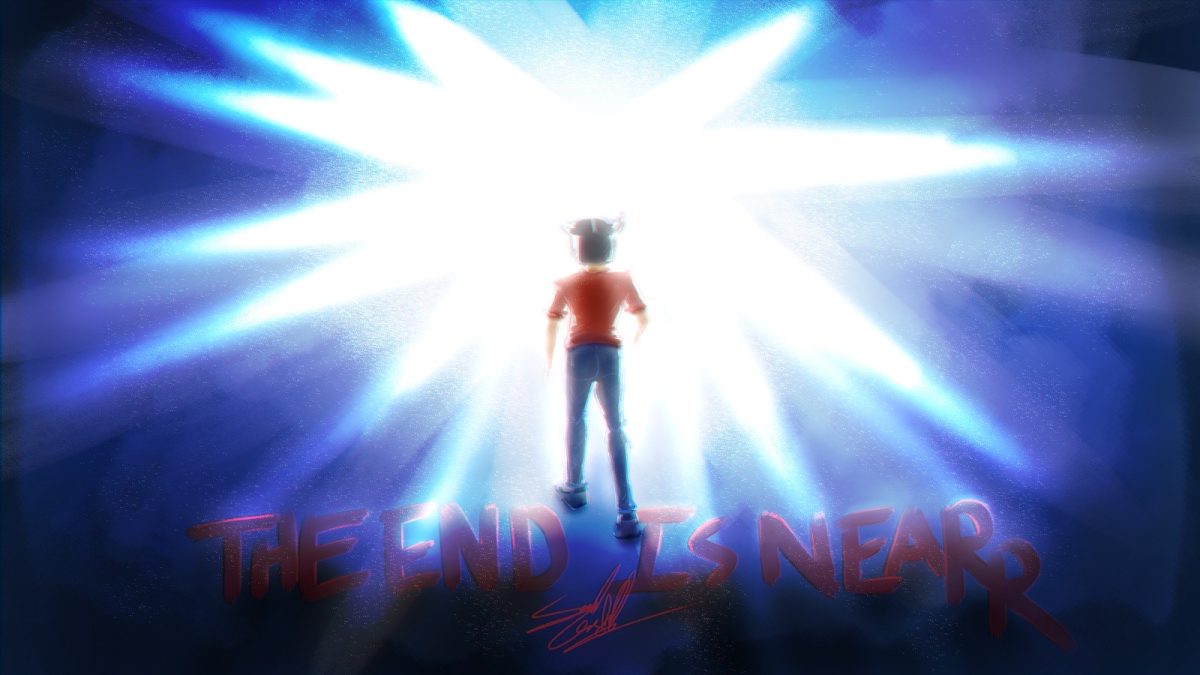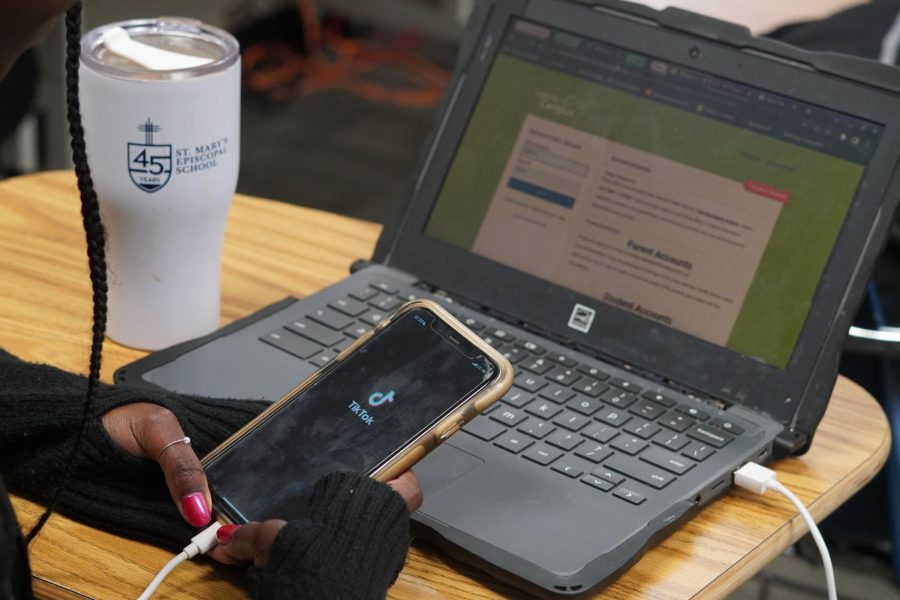TikTok: the beginning of the end
Student neglecting school work in favor of TikTok.
March 21, 2023
Introducing the newest and hottest drug: social media! Side effects may include heightened stress, suicidal thoughts, a horrific sleep schedule and a generational impact.
Since the dawn of the digital era, there have been ongoing debates regarding the impacts of social media on the developing mind. Some of the most reliable studies spanning from Harvard to the American Psychological Association and Mayo Clinic have come to the same consensus – social media can birth anything from anxiety to a shorter attention span to even brain dysfunction.
An ever-increasing digital world alongside the stressful stimulations of life meshes to create the perfect storm for attention deficit hyperactivity disorder (ADHD) for Generation Z (Gen Z as it’s known on social media). This has only skyrocketed since the introduction of TikTok.
“TikTok is the world’s leading destination for short-form mobile videos,” TikTok states in their ‘about’ section on their website.
The social platform has exploded in recent years, reaching over a billion monthly users and presenting new challenges for users.
“TikTok has met the consumer with the perfect delivery length for our narrowing attention spans. This is where TikTok really shines. When it launched, videos on the app had a 15-second duration cap. As of February, it has increased the maximum length to 10 minutes,” Forbes writer Rob Fallon said in an article relating to how TikTok is impacting Gen Z’s attention span.
Since the introduction of the 10-minute video, there has been new controversy on whether 10 minutes is too long. Many TikTok users believe that TikTok’s sole purpose is to have short videos because that’s TikTok’s trademark.
“My God! Three minutes is pushing it! If I wanted a 10 [minute] video, I’d go to Youtube!” said user @bindweeds in the comment section of micro-influencer @sewsassystyle’s video regarding the new 10-minute videos.
TikTok’s users even state that they will never watch or create videos longer than that because they cannot focus that long.
“TikTok has absolutely blown any previous concerns and negative impact out of the water,” said Jamie Guinn, a licensed social worker who works with teenagers in Oklahoma. “The impact on attention span is undeniable. Clinically speaking, attention span and anxiety are very closely connected. And that’s without considering self-esteem and broader mental health and social consequences.”
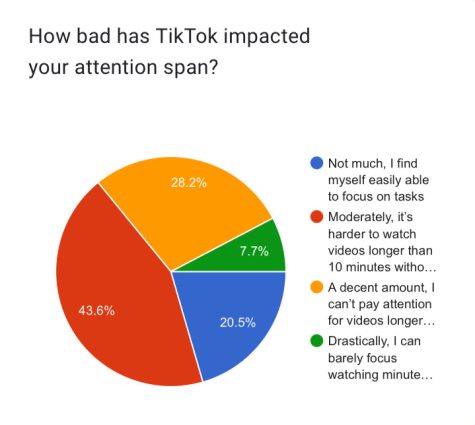
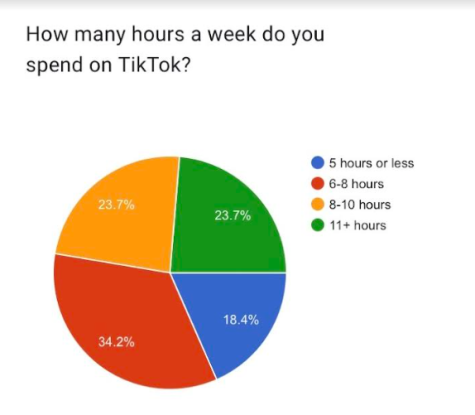
On a random sample survey of students attending Edmond Santa Fe High School, of the 70 responses, 81.6 percent said they used social media for more than six hours. That is more than three times higher than the standard recommendation of two hours. Alongside that, 79.5 percent said they struggle to watch videos longer than 10 minutes.
“Instead of training my brain to focus on things for a longer period like I should be doing, TikTok feeds into a shorter attention span for me,” said Santa Fe High School junior Ella Meyers.
Not only is this a problem in day-to-day life, but it’s a problem in school. However, the western parts of the world seem to be struggling with the clash of education and TikTok far more than the eastern parts.
Douyin, the Chinese version of TikTok, is drastically different from its westernized sister, offering solely educational content and basing its app on an academic approach rather than entertainment. China has altered how the app is used for the better and even limits its users below the age of 14 to fewer hours.
China’s version of TikTok not only benefits its teenagers educationally but also helps students regain focus in and outside of school.
Many experts agree that the Americanized version of TikTok may have long-lasting impacts on how American teenagers learn, forcing further divides between intelligence and achievement.
We already know the effects that TikTok has on the developing mind and its attention span, but imagine how TikTok could reshape our society further down the line and the ripples it could leave for generations to come.
It’s time to decide whether TikTok’s perilous side effects will be a wake up call or if this is the beginning of the end.

